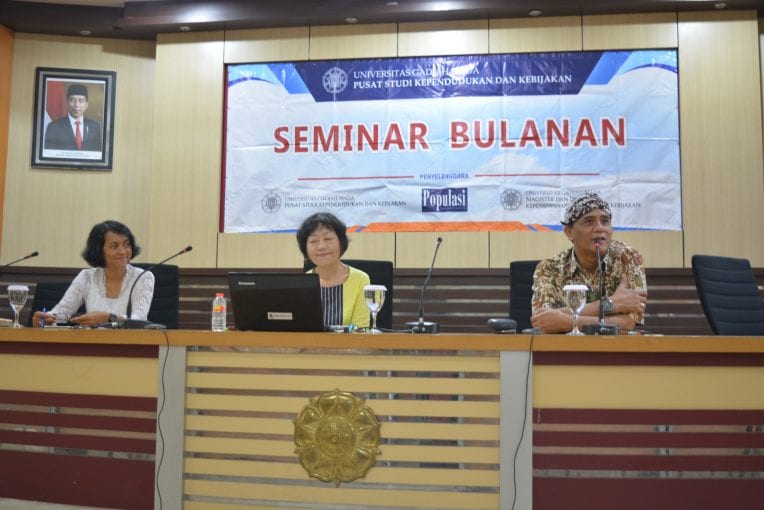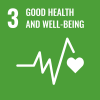
Prof. Dr. Etsuko Matsuoka, a researcher from Nara Woman University of Japan who was lined up as the speaker of the seminar, explained a variety of things related to cultural changes in the birth process in Indonesia and the role of midwives in the field of reproductive health in Indonesia.
On that occasion, Matsuoka explained that in the mid-1990s many births were assisted by a dukun. Along with the changing times and technology, pregnant women begin giving birth with the help of midwives. Subsequently, many midwives began to open their practice called Bidan Praktik Mandiri (BPM).
Then when the Millennium Development Goals (MDGs) targets related to strategies to reduce child mortality and improve maternal health began, midwives began to receive special training to provide ideal delivery services. Apart from these developments, according to Matsuoka, the reality on the ground shows that many midwives who refer to pregnant women to give birth in hospitals.
Data from Sadewa Hospital in Yogyakarta (2014), for example, shows that 54 percent of mothers give birth by c-section and 40 percent of mothers giving birth in the hospital come from midwives referral. This proves that more mothers give birth in hospitals than they do at BPM. For the delivery process at the hospital, Matsuoka explained that BPJS insurance can only pay around 700 thousand rupiahs. The amount is considered insufficient to fund all the needs of childbirth, especially if labor is done by c-section.



